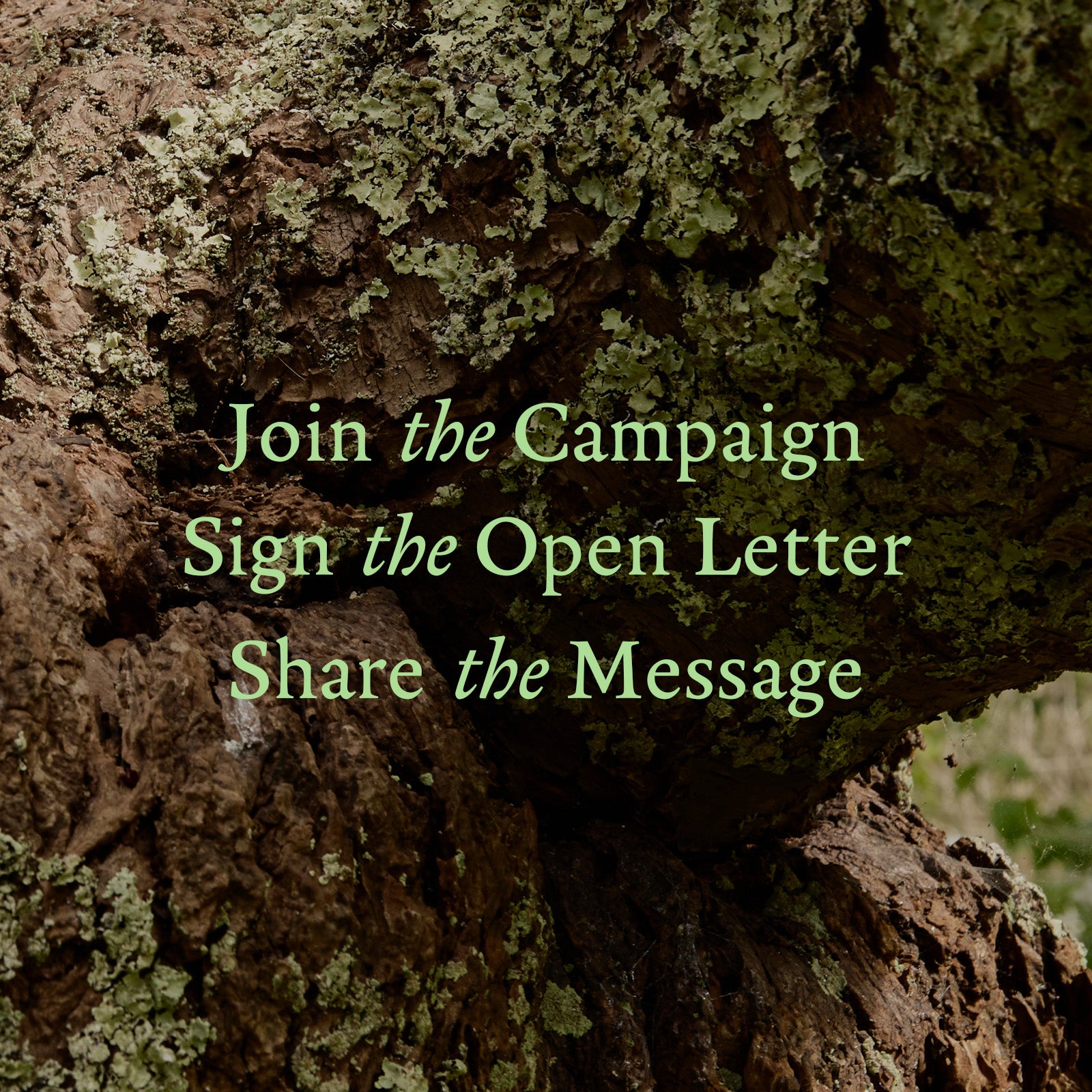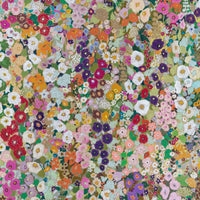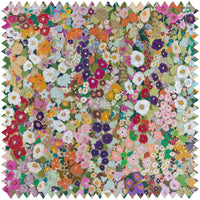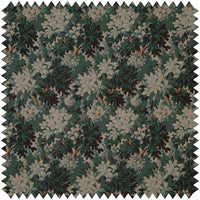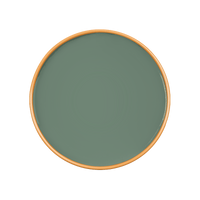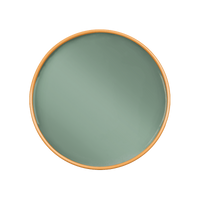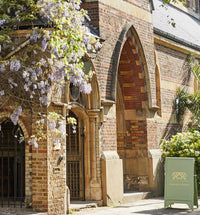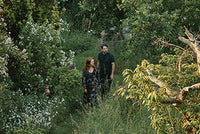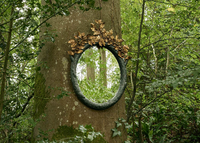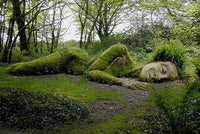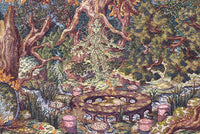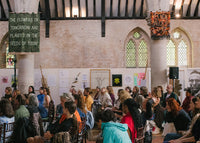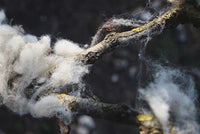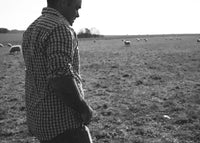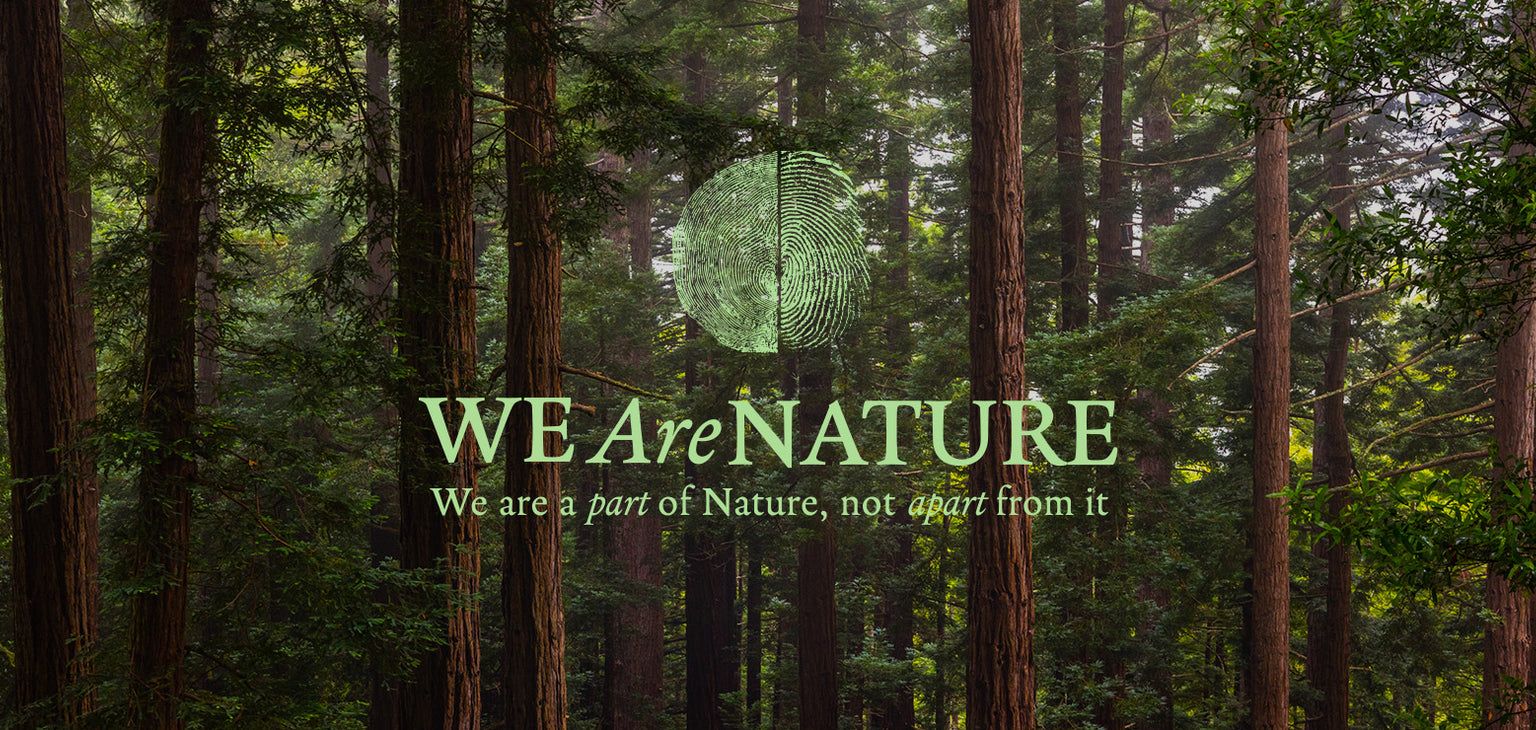
Why it’s time our language caught up with reality.
One year ago, on Earth Day 2024, we launched the We Are Nature campaign with a question that stopped us in our tracks: Why do most major dictionaries define ‘nature’ in ways that exclude humans?
As part of our work with Lawyers for Nature to bring Nature and Future Generations into the boardroom at House of Hackney, we began researching how ‘nature’ is officially defined. What we discovered was startling: in every major English-language dictionary, ‘nature’ was defined in opposition to humans. The illusion of separation wasn’t just cultural—it was codified in language.
So we took action.
Alongside a collective of scientists, educators, creatives, and schoolchildren, we launched a campaign to change the definition of ‘nature’. We wrote to the Oxford English Dictionary, sharing scientific evidence, Indigenous wisdom, and a cultural truth long overlooked: humans are not outside of Nature, we are part of it.
The OED responded by reinstating a once-obsolete definition: ‘Nature: the whole of the natural world, including human beings; the cosmos.’
That small change sparked a national conversation in the UK — in classrooms, boardrooms, and media platforms. And it affirmed something we’ve always believed: words shape worldview.
We learnt that dictionaries don’t invent meaning; they reflect it. For centuries, the Western world has upheld a view of separation—that humans are apart from and above the natural world. But that’s changing.
Science now confirms what Indigenous cultures have always understood:
- Trees communicate through underground mycorrhizal networks.
- Our DNA overlaps 99% with chimpanzees and 50% with plants and fungi.
- Our circadian rhythms are governed by sunlight, linking our biology directly to planetary cycles.
- Legal rights are now being granted to ecosystems—from rivers in New Zealand to the Amazon Rainforest in Colombia.
This is more than revelation—it’s remembrance. And yet, our language still lags behind.
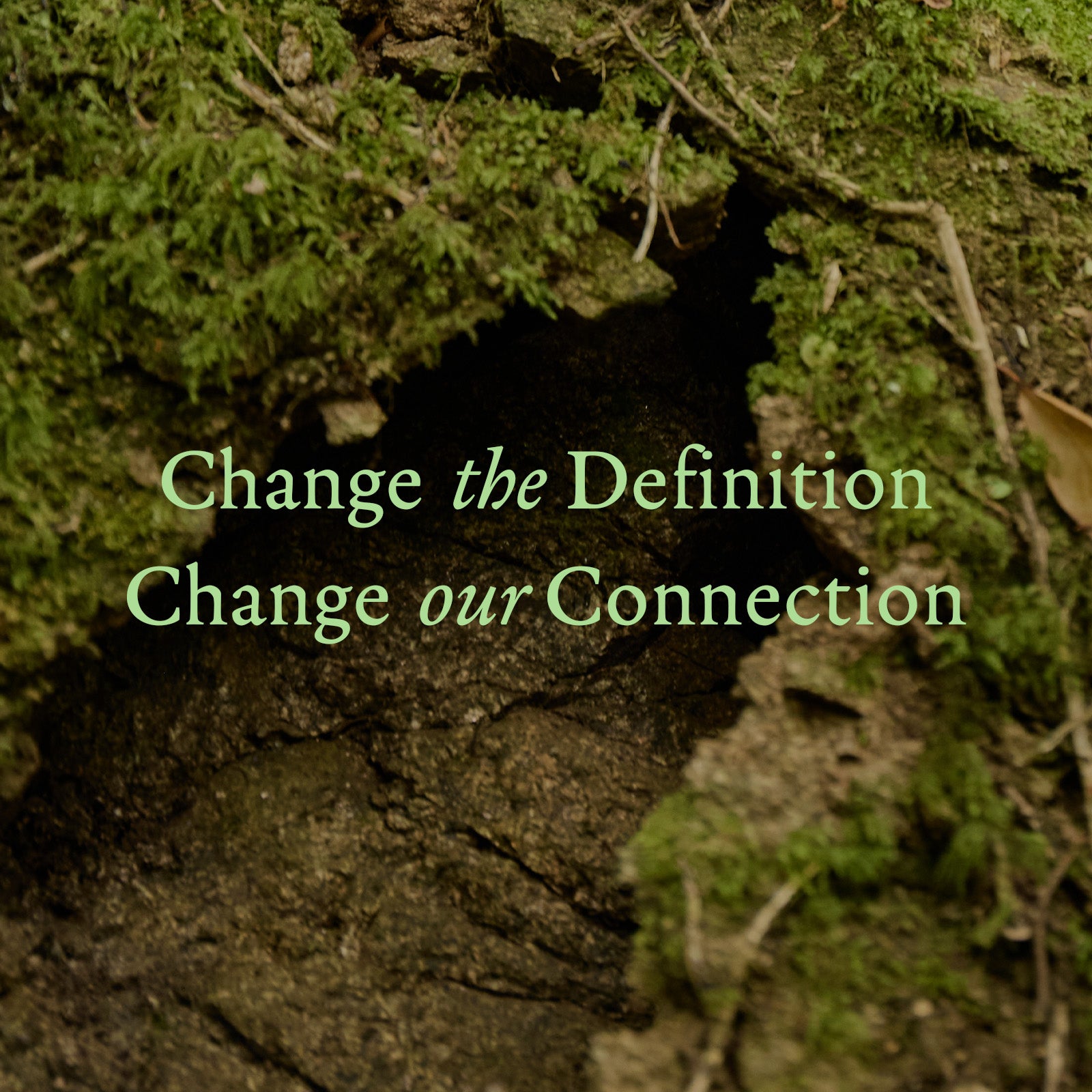
When dictionaries define ‘nature’ in opposition to humanity, they reinforce the myth that we are outside the living world. Dictionaries carry immense responsibility. They are more than repositories of meaning—they are mirrors of culture, shaping how we think, teach, legislate, and behave. When the most trusted reference texts define ‘nature’ in opposition to humanity, they reinforce a damaging illusion of separation.
Because if we believe we are outside of Nature, it becomes easier to justify harming it. But if we remember that we are within Nature, made of the same matter and held by the same systems, our choices begin to shift. Our relationship begins to repair.
We called on voices from across the spectrum—scientists, artists, teachers, and children—to tell us what Nature means to them. The message was clear and unanimous: humans are part of Nature.
We called on our own team to step into the creative work of change—to use the gifts they bring to work every day and pour them into something bigger. We launched a visual identity, built a website, and sparked a nationwide conversation resulting in humans being placed back within the realm of Nature in the Oxford English Dictionary.
This Earth Day, we are expanding the campaign to the United States. We are submitting an open letter to:
- Merriam-Webster
- Dictionary.com
- American Heritage Dictionary
- Random House Webster’s
Each of these dictionaries still defines ‘nature’ as something separate from, or untouched by, human beings. It might sound subtle, but the impact is significant. If ‘nature’ is defined as everything but us, then caring for the Earth becomes optional. But if we see ourselves within Nature, responsibility and reverence naturally follow.
In the year since the campaign launched, the momentum has grown:
- Global frameworks like One Health and IPBES now affirm human-ecosystem interdependence.
- School curricula are shifting.
- Legal personhood is being granted to ecosystems.
- AI systems like ChatGPT now affirm: Yes, humans are part of nature.
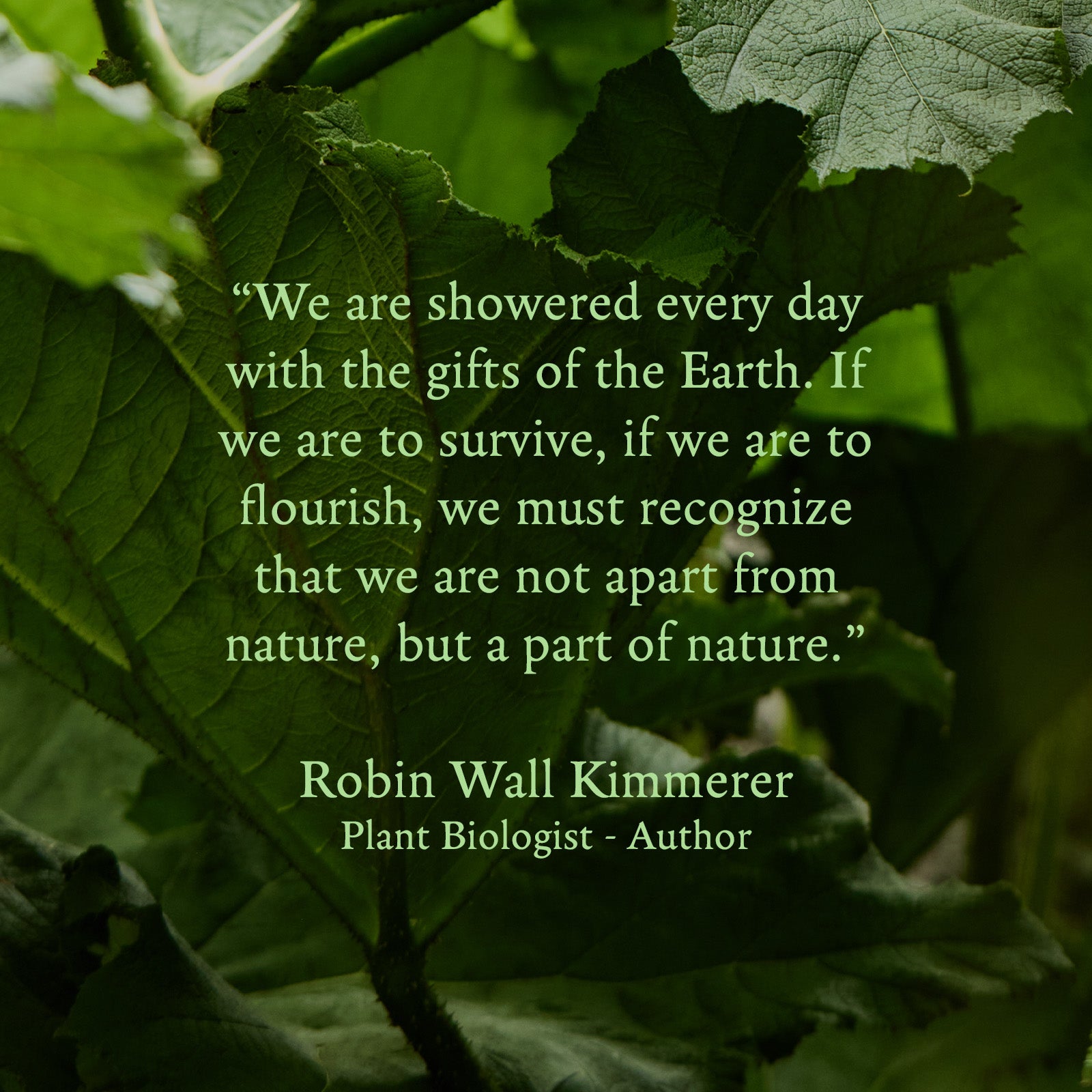
Even the machines are catching up. We have also gone back to the major UK dictionaries with these evidential updates, urging them to revise their definitions accordingly—to reflect the truth that humans are not separate from Nature, but embedded within it.
At House of Hackney, this campaign has reshaped how we work. In partnership with Lawyers for Nature, we appointed Mother Nature and Future Generations to our board. This wasn’t just symbolic — it was a structural step toward embedding planetary wellbeing into our everyday decision-making.
Because redefining Nature is more than semantics. It’s systems change.
It also made us ask deeper questions about our own internal practices:
If we believe humans are part of Nature, why have we designed ways of working that keep us separate from it?
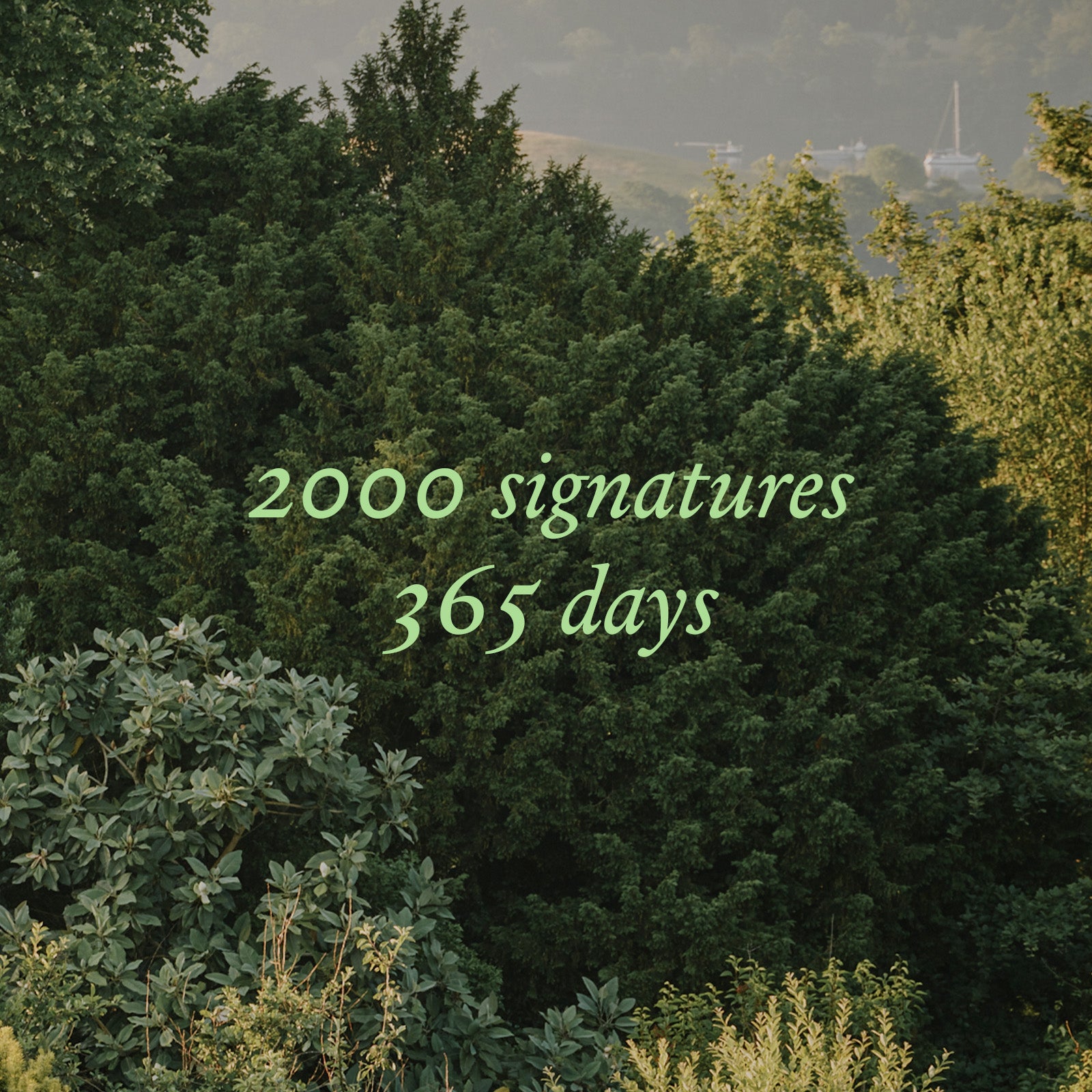
Because redefining Nature is more than semantics. It’s systems change. It also made us ask deeper questions about our own internal practices: If we believe humans are part of Nature, why have we designed ways of working that keep us separate from it?
That question led to the launch of our Nature Fridays programme — a four-day week designed to give our team Fridays off to connect with the natural world on their own terms. Whether that means volunteering in a community growing project, gardening, walking, painting or simply taking time to greet the sunrise, we recognise that regular time with Nature isn’t a luxury — it’s a biological need.
Spending time in Nature has been shown to:
- Reduce stress and anxiety
- Improve mood and focus
- Strengthen immune function
- Boost creativity and problem-solving
- Restore energy and overall wellbeing
Alongside Nature Fridays, we’ve created a Time with Nature policy to support our team in planning Nature into their working day — because if we’re serious about being part of Nature, we shouldn’t be kept apart from it in our workplaces, our schools, or our institutions.
Because a team that feels a part of Nature and connected to Nature will play their part in safe-guarding her. We protect what we love.
